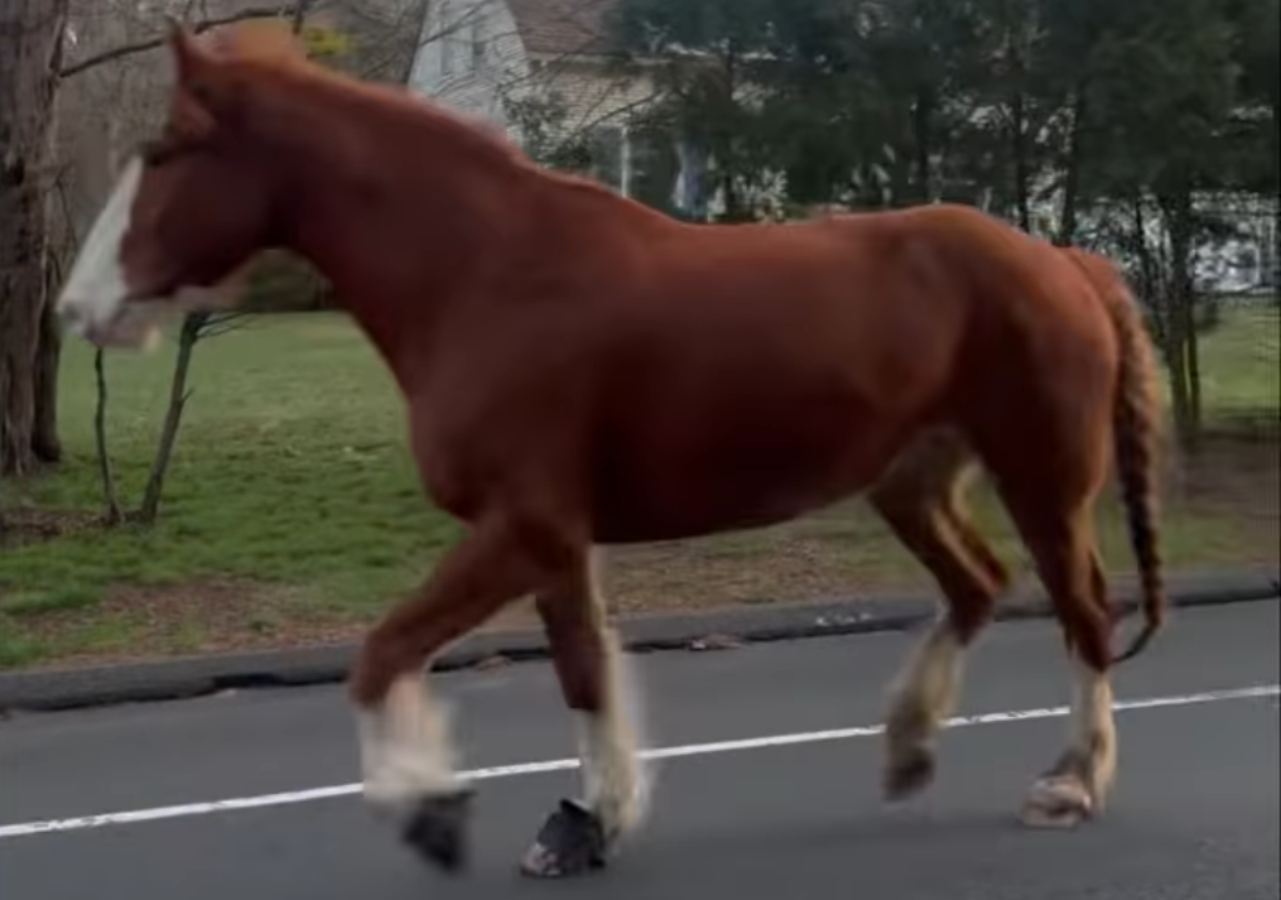What to Know
- NYC Department of Sanitation announced new rules that will require larger restaurants and grocery stores to put their food waste to good use
- Businesses could use the food scraps for compost, anaerobic digestion or donate food that would otherwise be thrown away
- According to the city, the new rules will divert about 50,000 tons of food waste from landfills every year
The New York City Department of Sanitation announced new rules that will require larger restaurants and grocery stores to put their food waste to beneficial use.
To comply with the new rules, covered businesses can hire a private carter, self-transport, or process their food scraps on site for beneficial use, such as for compost. The businesses could also use the food scraps in anaerobic digestion, which is also a way of generating renewable energy.
Businesses may also donate food that would otherwise be thrown away to a third-party charity or food bank. They may also sell or donate the food to a farmer for feedstock, or sell or donate meat by-products to a rendering company, according to the Department of Sanitation.
The establishments covered under the new rules include restaurants with at least 15,000 square feet of floor area, chain restaurants with at least 100 locations in the city and food retailers with at least 25,000 feet of square space.
“Businesses need to reduce, reuse, and recycle their food scraps and waste. It’s critical to meeting the City’s greenhouse gas emissions reduction goals,” Kathryn Garcia, the city’s sanitation commissioner, said in a statement.
To allow time for education and outreach, the rules will take effect in August 2018 and will be enforced starting February 2019.
Local
According to the Department of Sanitation, food scraps and other organic waste make up more than one-third of all commercial putrescible waste in the city. Some businesses are already putting their food waste to reuse, both voluntarily and via a previously established rule that targeted specific establishments.
According to the city, the new rules will divert about 50,000 tons of food waste from landfills every year.



